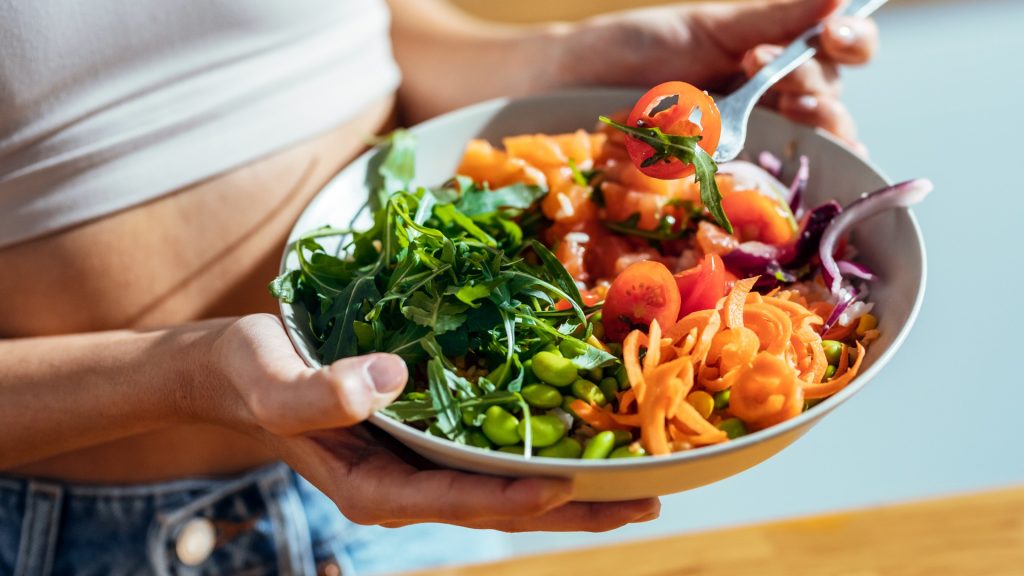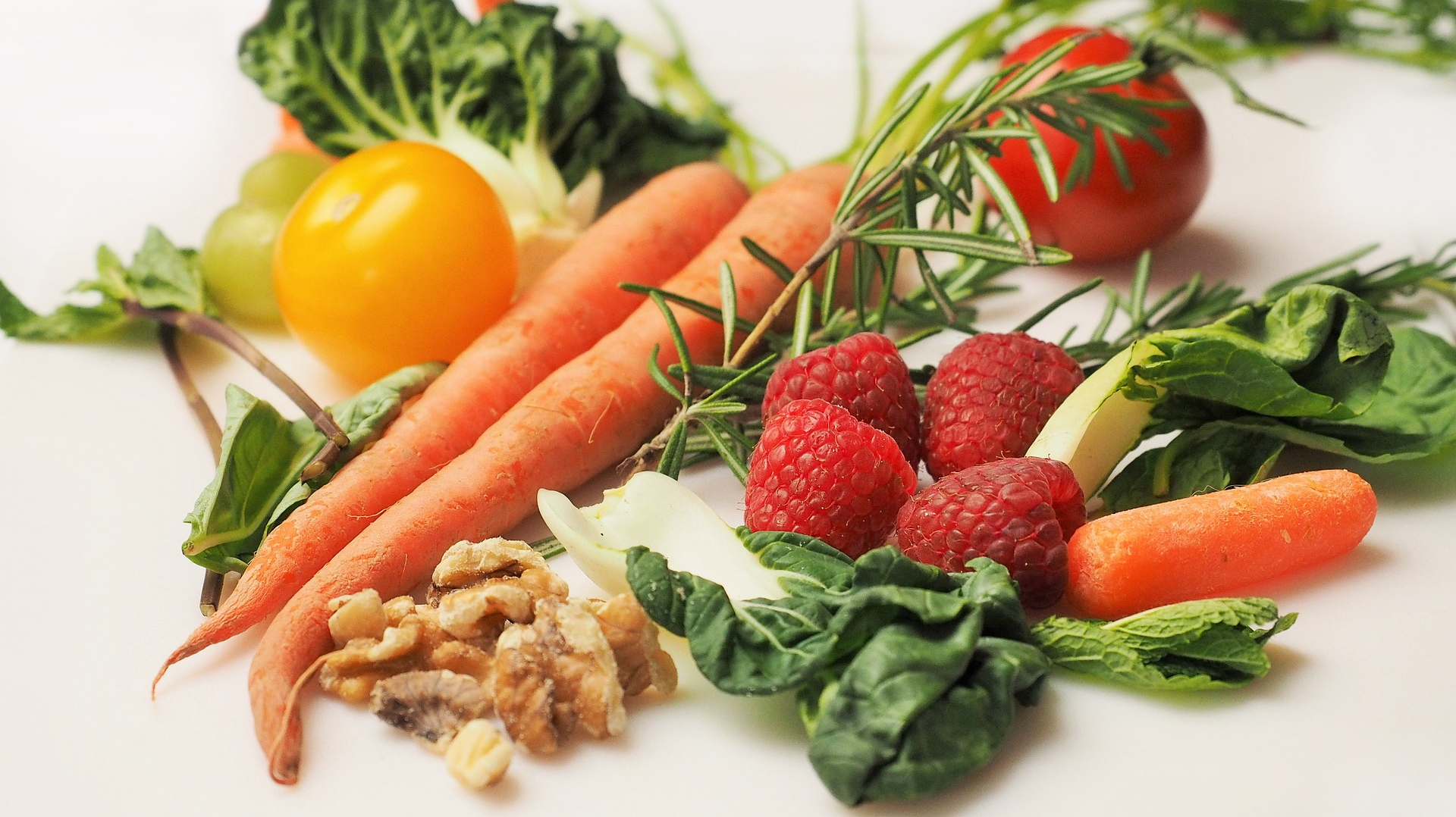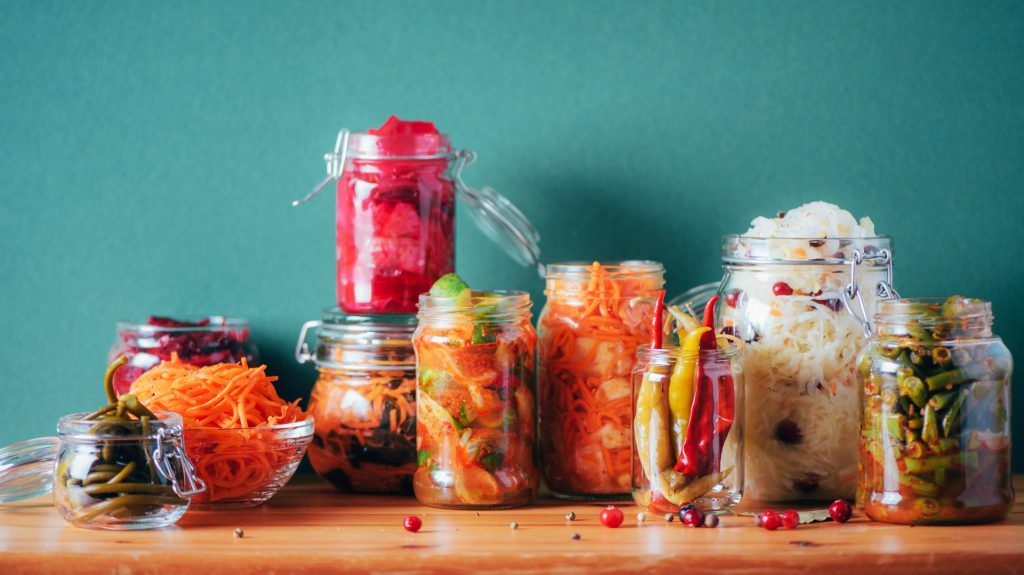If you’ve been experiencing digestive discomfort, bloating, or irregular bowel movements, you might wonder about the worst foods for gut health. The foods you eat majorly shape your gut microbiome—the complex community of trillions of microorganisms, including bacteria, viruses, and fungi that live in your digestive tract. When this ecosystem becomes unbalanced, it can lead to inflammation, poor digestion, low energy, and even mood changes.
As a functional nutritionist based in North Carolina, I help clients identify dietary triggers and restore balance to their gut health using food as a foundational tool. Knowing which foods disrupt the gut is a practical first step toward healing.
The Worst Foods for Gut Health
Ultra-Processed Foods
Ultra-processed foods are everywhere—from the snack aisle to the freezer section. These foods usually contain added sugars, preservatives, and artificial ingredients while offering little fiber or nutrients. Regularly eating them can reduce microbial diversity and promote inflammation, weakening digestion and immune defenses.
Common examples include:
- Packaged snacks
- Sugary cereals
- Frozen meals
- Processed meats
Artificial Sweeteners
Sugar substitutes like aspartame, sucralose, and saccharin are in many sugar-free or low-calorie foods. While they may seem like a healthy choice, these sweeteners can disrupt the balance of gut bacteria. Some studies show they may also increase cravings for sweet foods, leading to unstable eating habits.
Examples include:
- Diet sodas
- Sugar-free desserts
- Light yogurts
- Packaged protein bars
Fried and Fatty Foods
Fried and greasy foods are not only hard to digest, but they also feed harmful bacteria in the gut. Many of these foods contain trans fats, which may encourage the growth of inflammatory microbes while suppressing beneficial ones. This imbalance can lead to bloating, cramping, and slower digestion.
Foods to watch out for:
- Fried chicken
- French fries
- Doughnuts
- Fast food
Red and Processed Meats
Red and processed meats may trigger inflammation by influencing microbial metabolism in the gut. The additives and preservatives in processed meats can irritate the gut lining and change bacterial composition in ways that harm digestion over time.
These include:
- Bacon
- Sausages
- Hot dogs
- Deli meats
Alcohol
Frequent alcohol use can disturb the gut lining, reduce healthy bacterial populations, and increase intestinal permeability—sometimes referred to as “leaky gut.” This can allow unwanted particles to pass into the bloodstream, triggering immune responses and further digestive issues.
Common culprits:
- Wine
- Beer
- Spirits
- Mixed cocktails
High-FODMAP Foods (for Sensitive Individuals)
FODMAPs are certain types of carbohydrates that ferment quickly in the gut. In people with IBS or sensitive digestion, these foods can cause gas, bloating, and discomfort. While not harmful for everyone, limiting FODMAP-rich foods can benefit those with gut imbalances.
Common high-FODMAP foods:
- Onions and garlic
- Wheat
- Legumes
- Apples and pears
A temporary low-FODMAP diet can help identify personal food triggers. I carefully guide clients through this process to ensure they maintain proper nutrition and eventually reintroduce foods safely.
Supporting Gut Health Through Better Choices
Avoiding the worst foods for gut health is just the beginning. The next step is focusing on nutrient-dense foods that nourish your microbiome. Include fiber-rich vegetables, legumes (if tolerated), fermented foods like kimchi and kefir, and high-quality proteins. Staying well-hydrated and managing stress also support gut healing.
In North Carolina, across the United States, and worldwide, I work one-on-one with clients to uncover hidden triggers, interpret digestive symptoms, and develop realistic meal strategies. I also offer a variety of cookbooks for various imbalances, to help guide you along your path to health. Functional nutrition can provide clarity and support if someone is just starting to explore food sensitivities or already on a gut-healing journey.
You’re not alone if you’re feeling confused about what’s helping or hurting your digestion. Gut health is personal, and understanding your body’s food response can lead to lasting relief. Set up your free consultation with me today, and start your path to better health.









